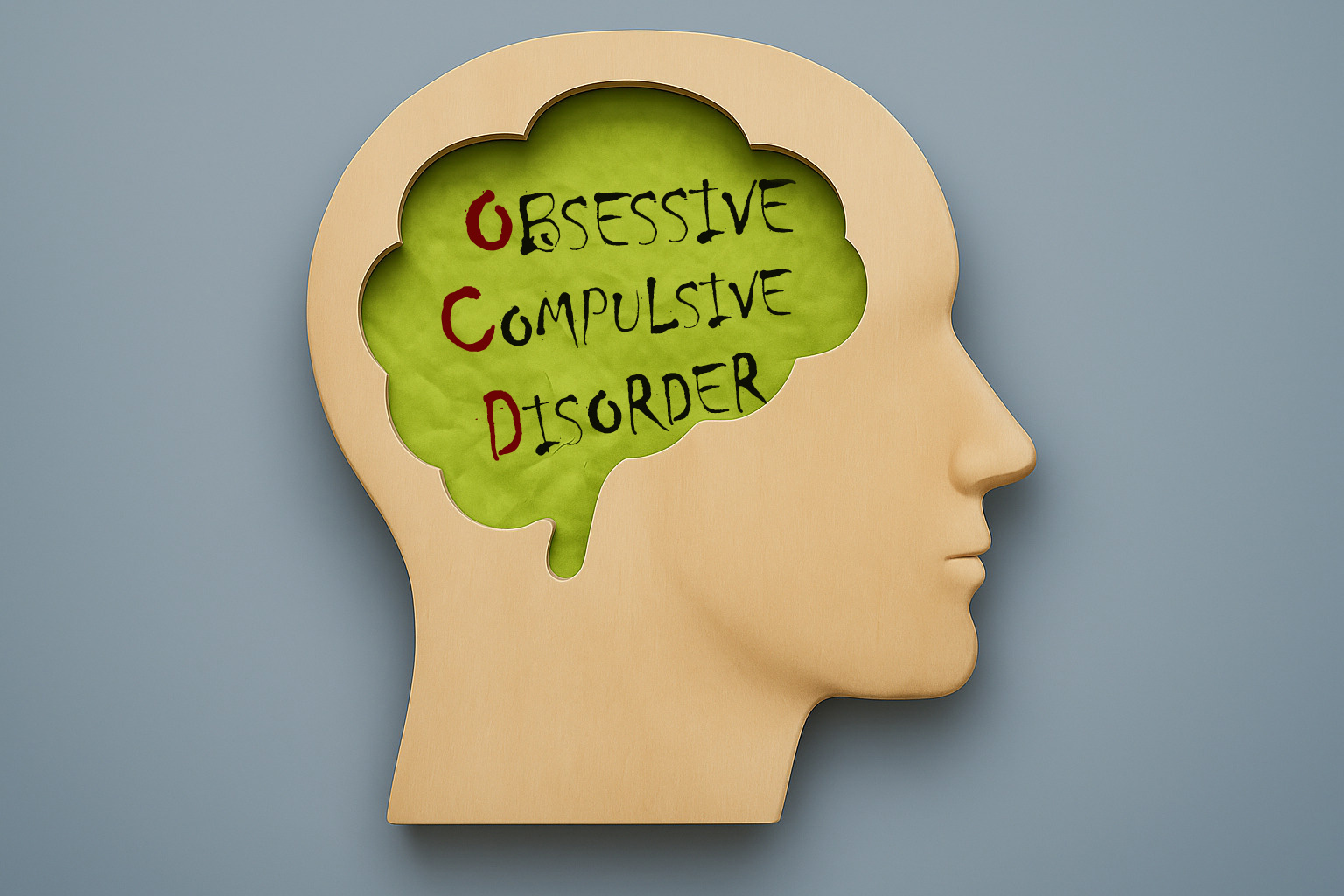SAMAR HAFEEZ, BANGALORE
MARCH 3, 2024
“O ye men! eat of what is lawful and good in the earth; and follow not the footsteps of Satan; surely, he is to you an open enemy.”[1]
Mindfulness refers to the practice of being aware and fully present in the ongoing moment. It is a powerful tool that facilitates us to be more conscious of our physical, emotional, and mental states. Mindful eating is an excellent starting point to cultivate mindfulness.
Oftentimes, perturbations, apprehensions and insecurities cloud our minds and prevent us from enjoying the moment at hand. Mindfulness helps us to get in tune with ourselves and fully savour the moment.
Cultivating mindfulness through eating is an excellent way to begin. Mindful eating applies the rules and principles of mindfulness to our everyday eating experience and helps us enjoy it conscientiously. How, when, what, and why people eat the way they do lie at the heart of many bad eating habits, sometimes referred to as ‘mindless eating’.
Our health vastly depends on the food we consume. Even more importantly, the thoughts and emotions associated with food tend to influence the quality of our health. Mindfulness can show us the way towards greater well-being.
One may follow the tips given below to begin practising mindful eating:
Listen to your hunger cues: Be aware of why you are eating. Try to figure out if you are eating out of physical hunger or thirst or to appease your emotions such as stress, anger, boredom, sadness, loneliness, and frustration. Try to find true hunger triggers and be wary of emotional eating, as it creates multiple health complications.
One of the effective ways of managing eating habits and controlling bingeing is to rate hunger and satiation levels on a 0-10 scale. Ideally, it is preferable to eat when hunger is at 3-4 (mild hunger) and stop when satiated up to 7-8 (comfortably full) on the scale.
Observe and reflect: Focus on the food before starting to eat. Observe what the food looks like. Try to familiarise yourself with its smell and feel its texture.
Also, reflect on your food’s journey from farm to plate. By doing this, thoughts of gratitude and appreciation spring up, adding more joy and meaning to the eating experience.
The following instruction of the Holy Prophet Muhammadsa serves as an effective mindfulness technique:
“Mention the name of Allah, and eat with your right hand, and eat from what is nearer to you.”[2]
Similarly, add plenty of whole grains, bright-coloured fruits and fresh vegetables to your diet. Cleanse your refrigerator of all junk, processed and fast foods.
Sit down and eat slowly: Do not eat on the go. Eating while standing up may increase the speed at which you eat, causing you to consume more calories and increasing the amount of air swallowed during a meal. This can cause gastrointestinal discomfort and bloating.
The Holy Prophetsa says:
“A man does not fill a vessel worse than his stomach. It is sufficient for the son of Adam to take a few morsels that would straighten his back. If he cannot do it, then a third for food, a third for drink, and a third for breath.”[3]
Eat without distraction: Avoid watching TV or using cell phones, tablets or laptops, or even working while eating. These distractions might put you at risk of overeating. Try enjoying at least one meal every day without doing anything else.
Chew thoroughly and do not gulp water: Pay attention to how you chew. Savour every bite and feel the flavours getting assorted in your mouth. Try chewing each bite at least 30 times before swallowing, as this aids digestion, prevents indigestion and lowers the risk of obesity. Also, do not gulp but sip water.
The Holy Prophetsa said:
“Do not drink in one gulp like a camel, but in two or three (gulps). Mention the name of Allah when you start drinking and praise him after you have finished.”[4]
Excess water tends to dilute digestive juices (enzymes), further contributing to conditions like heartburn and acid reflux.
Do not eat when upset or angry: Let the emotions mellow before eating. This efficiently facilitates digestion. However, drinking water has been shown to calm anger and other negative emotions.
Mind your portion sizes: Read the serving sizes on food labels, and use portion-control dishware like smaller plates, cups, spoons, and bowls. Remember, the more food in front of us, the more we eat. Hence, serve food from the stove onto plates. At family-style tables, which encourage seconds, it is always good to share. The Holy Prophetsa said:
“The food of one person suffices for two, the food of two persons suffices for four persons, and the food of four persons suffices for eight persons.”[5]
Eat at the same time every day: Establishing a regular mealtime helps you prevent overeating. You will likely overindulge or binge eat if you skip meals or wait too long. You might also find it harder to make healthier choices when you let yourself get too hungry.
Mindful eating can positively encourage us to be re-acquainted with the pleasure of eating and increases our cognisance of the inputs, sensations, and outcomes of the dining experience. It helps us control food intake rather than allowing it to control us.
If you are dealing with unhealthy eating patterns, it is advisable to consult with a clinical psychologist or a qualified and trained therapist to address any questions or concerns you may have regarding your mental health condition.
Samar Hafeez is a consultant psychologist and a certified holistic health coach currently pursuing her PhD in psychology. With nine years of experience in therapy and counselling, she holds expertise in Cognitive Behavioural Therapy and specialises in women’s health and hygiene.
END NOTES
[1] Holy Quran 2:169
[2] Sahih al-Bukhari, Kitab al-At’ima (Book on Food)
[3] Sunan at-Tirmidhi, Kitab az-Zuhd (The Book of Asceticism)
[4] Sunan at-Tirmidhi, Kitab al-Ashriba an Rasulillah (The Book on Drinks)
[5] Sahih Muslim, Kitab al-Ashriba (The Book on Drinks)













0 Comments